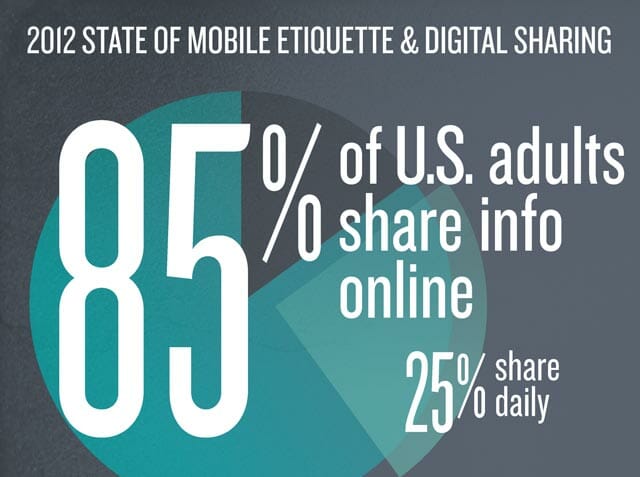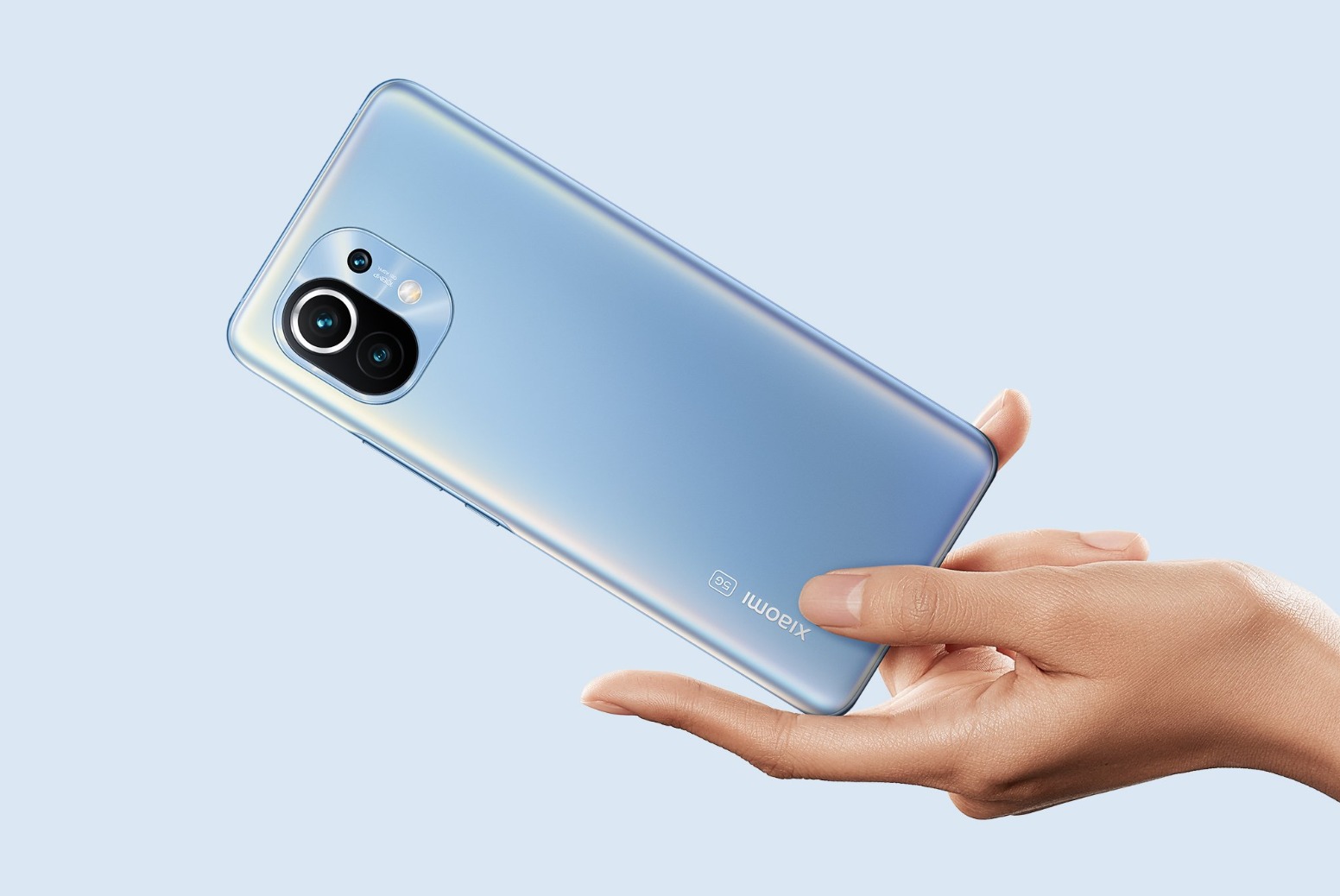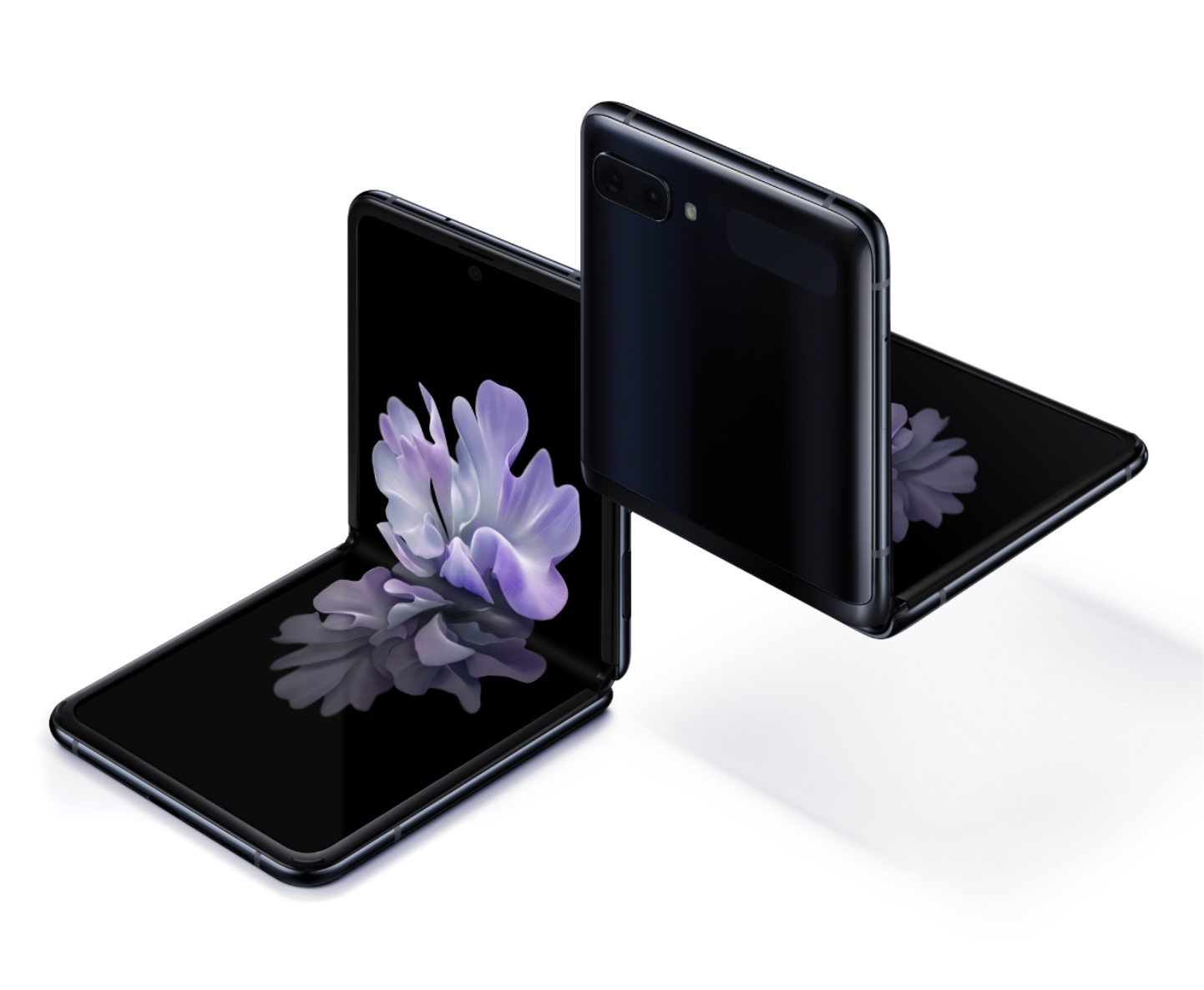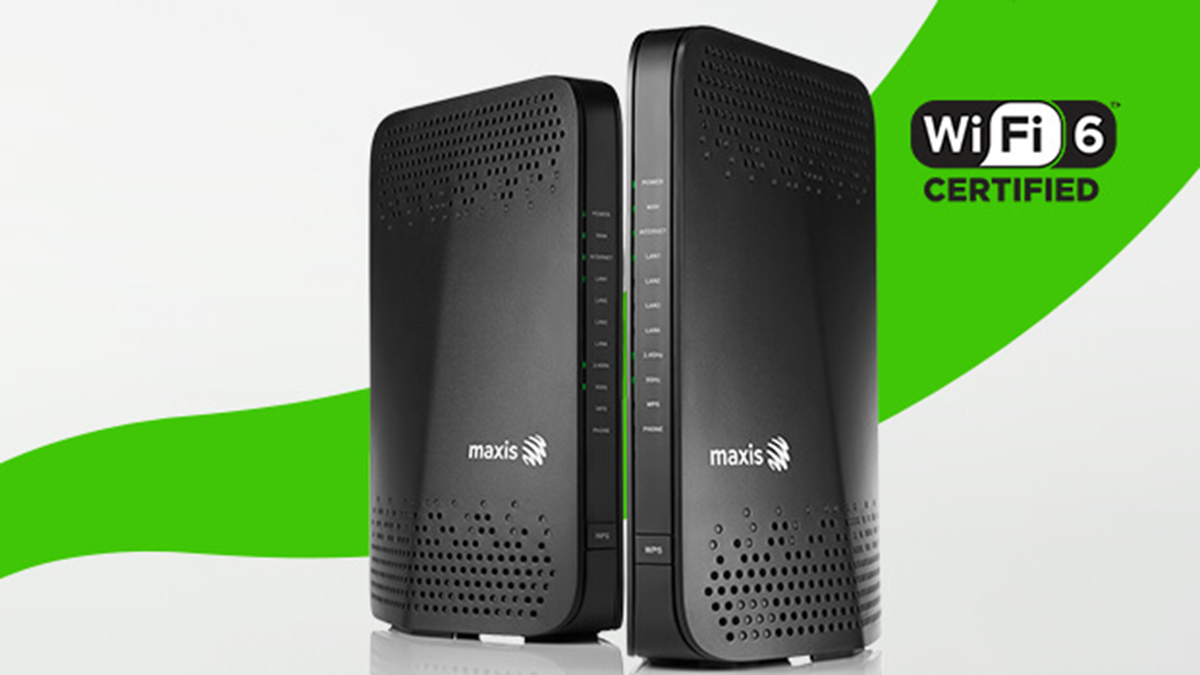Before you say, “No sh*t, Sherlock,” a multi-country study conducted on “Mobile Etiquette” by Ipsos Observer on behalf of Intel, revealed what some people perceive of their online activities – people divulge too much information about themselves online.
The research was conducted in the United States in March and a follow-up study was conducted in Australia, Brazil, China (adults only), France, India, Indonesia and Japan from June to August. The six-month study examined the current state of mobile etiquette and evaluated how adults and teens share and consume information online, as well as how digital sharing impacts culture and relationships.
TMI, much?
In the 2012 study, six out of 10 adults and teens believe other people overshare their personal information online, with Japan being the only country in exception. Approximately half of adults around the world feel overloaded by the amount of information people share online. Yet, adults and teens across the globe are sharing a wide variety of information online, with photos of themselves or people they know cited as one of the top things being shared.
They study also showed why people share – for connection and expression. The majority of adults and teens around the world share information online at least once a week, with approximately half of adults and teens in Brazil, China and India sharing on a daily basis. Sharing helps people feel better connected with their family and friends and a way to express opinions or make a statement. Japan was the only exception, where people share less frequently (they also have the lowest number of Facebook friends per person in the world).
Mind your mobile manners, mate
With increasing usage of mobile internet, people surveyed think that mobile manners has taken a dive. In fact, over 80% of adult respondents wished they practiced better etiquette when using their mobile phones. China was indifferent, and believed that mobile manners actually started to improve.
Survey Methodology
The Mobile Etiquette and Digital Sharing survey was conducted online in the United States by Ipsos Observer on behalf of Intel from March 1-16. Respondents were a nationally representative sample of U.S. adults ages 18 and older (n=2,008), with a margin of error of plus or minus 2.2 percentage points, and U.S. teens ages 13 to 17. A follow-up online study was conducted from June to August among a nationally representative sample of adults and teens ages 13 to 17 in seven additional countries: Australia, Brazil, China (adults only), France, India, Indonesia and Japan. The sample population in Brazil, India, Indonesia and Japan are based on the online populations.
For additional information on Intel’s annual “Mobile Etiquette” survey, visit www.intel.com/newsroom/mobileetiquette.










